3 questions to consider when choosing your development partner
We’ve all heard the stories… the nightmares. And, we’ve been there ourselves. A freelancer, agency, or outsourced provider that scrambles to eek out questionable code at the 11th hour minutes before the project is due. Software so complex that no one understands how to use it. A project that takes twice as long as scoped because of misappropriated technology. Months go by and resources are lost and technology is no less confusing than it was before. On the other hand, there are software development partners that will run your project smoothly within the allotted time and budget.
To find a trusted software development partner, here are 3 key questions to ask yourself:
1. Does your potential development partner take a consultative, collaborative approach?
Your technology partner should be able to provide guidance on platforms and devices. They might be able to uncover holes in requirements documentation that could save hours later. They should not only be sharing ideas for what is possible, but also proposing solutions for what is reasonable and preferable within budget constraints. Essentially, they need to be working alongside your team—anticipating roadblocks and providing ideas for fixes.
2. Are they considering your needs, your client’s wants, and the end user’s desires?
You’ll want to quickly figure out if your development partner is someone who intends to just quickly crank out some code or if they are on board with the bigger picture. Are they considering longer-term, sustainable technology strategies? Do they desire to develop something that’s enjoyable and easy to use? And, perhaps most vital: does the communication flow easily, and are they fun to work with?
3. Do they provide intuitive and easy training? Even more importantly, are they offering ongoing support?
How easy or difficult & extensive is their training after launch? Simple, effective training paired with an easy-to-use CMS can help determine your partner’s commitment to building quality user experiences. Depending on how complex or large a project is, there may be a few glitches uncovered after launch. Be sure to discuss ongoing support and associated costs. You don’t want to be surprised or left alone without continued help.
These are just a few of the things to consider when choosing a software development partner. By taking the time to plan and select the right team for the job, you’ll save big in the long run. That’s the value of a true partnership.









